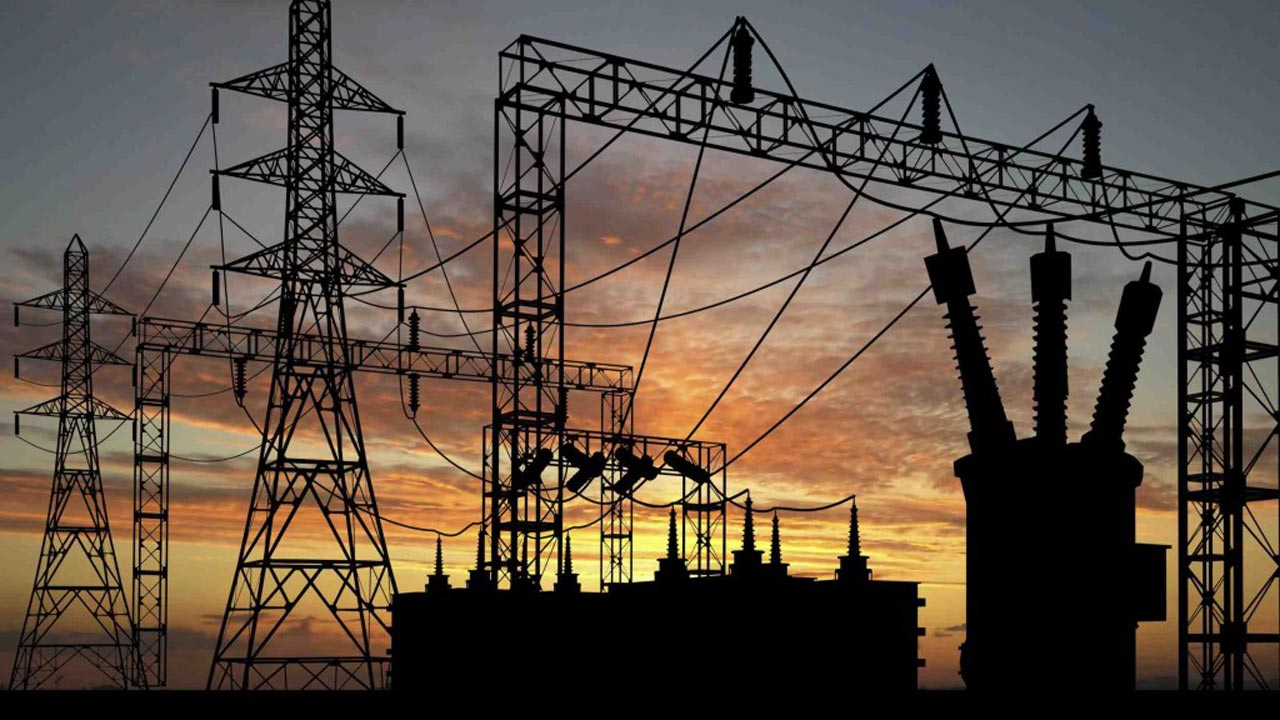Poor Electricity, High Diesel Cost: Manufacturers Count Losses, Banks Affected
As the cost of diesel nears N800 per litre, the Manufacturers Association of Nigeria (MAN) have raised the alarm over the impact the skyrocketing price of diesel, which coupled with the current poor electricity supply is making near impossible for them to continue to operate.
Chairman of the Kwara/Kogi branch of MAN, Bioku Rahmon, appealed to the states and the federal governments to urgently come to the aid of the manufacturing industry, as energy cost was currently gulping above 50 per cent of their operating costs.
Unless urgent steps are taken by the federal government, the real sector may soon collapse and thousands of jobs would be lost, the association said.
This is as commercial banks in the country have devised cost saving measures to cope with the energy crisis with many reducing their operational hours to curb the impact of the rising cost on their operating expenses.
While some banks have limited stay periods for staff at the office, some others such as
Rahmon noted that power, which hitherto accounted for over 40 per cent of factories costs, have now more than doubled with this major cost element, and the cost implications in the overall cost outlay for industries have precipitated an alarming rise in the production costs, running costs and costs of transporting raw materials and finished products; all of which have now become most unbearable to players in the Industry.
“Figures released by the National Bureau of Statistics (NBS) showed that diesel which sold so highly at an average price of N312 in February 2022 has now more than doubled, soaring to an all-time high price of about N800 ($1.92) this month.
“National Grid-Supplied Electricity has recorded no improvement.
Renewed wave of Inflationary pressures further plunged the buying masses into extreme depths of poverty with concomitant erosion of customers’ Disposable Income (DI) and hence culminated in low patronage of our industrial finished products.
“Foreign Exchange (FX) Scarcity has worsened significantly, even as Industry players continue to experience a sharp and growing shrink in the FX windows. This has led to major downturns and stress in the purchase and acquisition of foreign components for production.
“The above have long resulted to sharp depletion in the Key Performance Indicators (KPI) of the Manufacturing Industry such as capacity utilization, unsold goods inventory, and sector contribution to National Gross Domestic Product (NGDP) especially since 2020,” the MAN chairman said.
Meanwhile, Guaranty Trust Bank(GTBank) has cut its banking service hours. GTB had, at the weekend, sent mail to its customers notifying them that the banks branches will now close by 4pm instead of 5pm.
The bank, which had pioneered the 8am to 5pm operating hours, had in the mail stated that effective from yesterday, Monday, March 21, 2022 notified customers that its branches will now close by 4pm.
“We would like to inform you that our branches will now open from 8am to 4pm, Monday to Friday, effective Monday, 21 March 2022. Our secure and convenient digital banking channel are always available to you,” the mail read.
Also staff working in a branch of a Tier 1 bank had noted that they had been told to switch off the generators by 4 pm prompt and that they were not allowed to remain in the banking hall past 4pm unless there is power supply by the electricity company.
“We were told that unless there is PHCN light, anyone still at the office after 4pm is there on his or her own accord because the generators will be off by then.
“This means that all the account balancing has to be done by then or it will be concluded by the next day. We are however always praying that there is light in the afternoon so that we can finish up,” the staff explained.
A bank official in a Tier 2 bank who works in the head office told LEADERSHIP that, due to the rising cost of diesel, the bank has limited the time that staff could stay at the office.
“Although the official closing hours is by 5pm, before now, people stay back till around 7pm and even the staff bus doesn’t leave till around 6.30 pm.
“But because the bank is trying to reduce cost, we have been mandated to leave the office by 5pm prompt. Everyone has to leave. Even the staff bus leaves by 5pm now. That way the bank can reduce fuel consumption,” he said.
The staff added that, it is likely that the bank is looking at alternative energy source such as solar.
Meanwhile, head, Financial Institutions Ratings at Agusto&Co, Mr Ayokunle Olubunmi, noted that, more banks will be looking at the option of solar powered operations as they strive to reduce the impact of the soaring diesel cost on their operations.
“What banks are trying to do is how they can reduce the impact to the barest minimum. But despite that, the high cost of diesel is still going to have an impact and what the banks are trying to do is to actually reduce it.
What has happened over the last three years is that most banks are trying to transitions into alternative power supply. Before now most banks relied solely on on grid electricity or diesel but banks are now bringing in solar panels into the mix, with this we are going to see more banks pushing that,” he pointed out.













